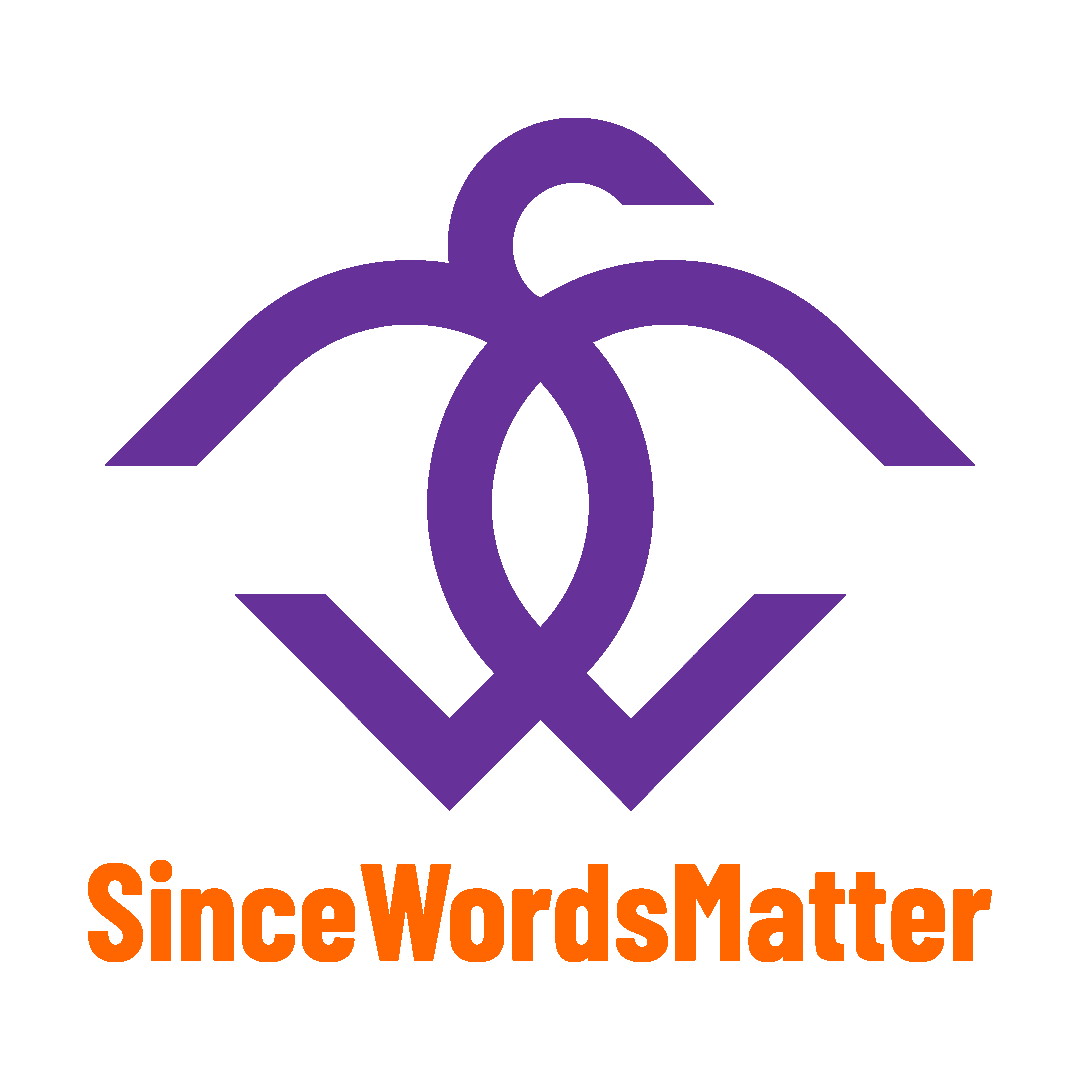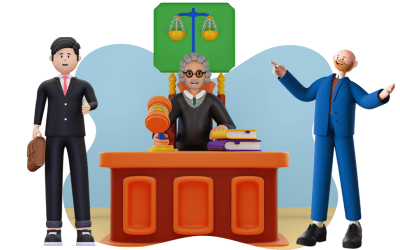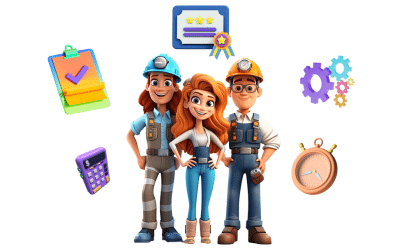Last Update on:

Translators are the Mr. and Ms. Fixit of roads in this global village we are living in. They are not just some language professionals with some dictionaries around them. Translation is a crucial process that significantly bridges the gap between different languages and cultures. For instance, if a new concept is going to be introduced to the target community, a good translator can coinage a new word that is both easily understandable for the target audience and culturally accepted.
A command of more than one language isn’t enough for the complex and demanding translation work. A good translator can fluently and accurately convey the meaning of a text written in one language into another. However, not all translators are made equal, and some have traits that set them apart from the rest.
A professional translator will have a solid grasp of the linguistic subtleties of both languages, including their grammar, syntax, and vocabulary. Aside from fluency in both languages, they should also be well-versed in the customs and etiquette of both countries. They must also be able to think critically and modify their translation approach based on the requirements of each customer. And what else makes a good translator? What follows is a list of 22 qualities that make an efficient translator.
Table of Contents
- 1. Fluency in More Than One Language
- 2. Cultural Understanding
- 3. Attention to Detail and Precision
- 4. Problem-Solving and Research Skills
- 5. Time Management
- 6. Adaptability
- 7. Reading Comprehension Skills
- 8. Excellent Writing Skills
- 9. Subject-Matter Expertise
- 10. A Large Vocabulary
- 11. Contextual Understanding
- 12. Flexibility
- 13. Confidentiality and Integrity
- 14. Continuous Learning
- 15. Critical thinking skills
- 16. Objectivity
- 17. Understanding of Various Audience Groups
- 18. Staying Up to Date
- 19. Communication Skills
- 20. Working with a Range of File Formats
- 21. Ability to Work Under Pressure
- 22. Creativity
1. Fluency in More Than One Language
Being fully proficient in at least two languages—the source and the target language—is the most essential qualification for a translator. The translator should have an in-depth knowledge of both languages’ syntax, vocabulary, pronunciation, idioms, and cultural contexts. A good translator is at ease and competent in both languages for reading, writing, speaking, and listening. The translator must be a native speaker of the target language; therefore, if the content is in French and needs to be translated into German, the translator must be native to German.
2. Cultural Understanding
Language and culture are inextricably linked, and a professional translator must know the cultural nuances of both the source and target languages. Comprehension of idioms, colloquialisms, and other cultural references that may not have a literal translation is part of this. The translator’s cultural expertise aids in producing a translation that will resonate with its target audience without offending or misinterpreting cultural norms.
A competent translator will also know which cultural references and subtleties are essential to keep or change for the target audience. They need to understand words’ cultural context and intent and their literal meaning. They can realize nuanced meanings because of their cultural sensitivity in both languages. In this regard, translating writings with controversial subjects like politics, religion, and gender necessitates extra care.
3. Attention to Detail and Precision
Minor inaccuracies in a translation can have huge effects on the meaning of a sentence. It’s not just big, obvious mistakes that can be embarrassing or expensive; little ones can, too. A skilled translator is diligent in their work, paying particular attention to the nuances and style of the original language to ensure that the translated material conveys the same meaning and tone. Since the devil, as they say, is in the details, they must have a good eye for them.
Furthermore, a good translator will pay close attention to every text aspect, from punctuation to word choice to spelling and grammar. They reread what has been translated multiple times after the translation is final. This is done to make sure the writing flows smoothly and sounds as natural as possible, not merely to check for typos and other errors.
4. Problem-Solving and Research Skills
Unfortunately, no single translator can master every language’s vocabulary. Consequently, the ability to conduct thorough research is crucial, as is the mastery of translation tools and online dictionaries. Good translators have the research skills to translate technical and specialized terms correctly. They need to be able to research phrases, names, and places to make sure their translations are accurate and consistent.
When no exact equivalent exists in the target language, translators must use problem-solving skills to determine the most effective approach to express the intended meaning. Expert translators know where to look for the data they need to have context and background for the best possible translation. They will also check with resources and specialists in the field when necessary.
5. Time Management
The professional translator should be able to estimate how long a translation will take and provide a target date for completion. They can make assumptions about potential issues and base their estimated delivery date on those. Professional translators must also manage their time well because they frequently work under pressure to meet strict deadlines. They should be able to work efficiently and deliver translations within the agreed-upon time frame.
6. Adaptability
A competent translator should be versatile and flexible to handle an array of texts and topics. They need to be able to immediately grasp the original text’s tone and context to translate it accurately. A professional translator must also be adaptable to modify their translation approach based on their client’s requirements. They need to translate documents easily and accurately while satisfying the client’s needs.
7. Reading Comprehension Skills
A professional translator must have excellent reading comprehension skills to transmit the original author’s meaning and tone to the target audience. If they want their message to go over without hiccups, they need to articulate the subtleties and complex ideas involved smoothly. A competent translator is also aware of the text’s intended readership, genre (literary or technical), purpose (whether to inform or inspire), and other similar factors. A skilled translator can make a text more readable without changing its meaning.
8. Excellent Writing Skills
Translation is a form of creative writing, although its author does not have to start from scratch. When translating, it’s not enough to merely use the target language’s words and phrases; the translator also needs to make the target audience feel like they’re reading an original work of art. For this, fluency in the target language and the ability to compose coherent written sentences is required. Therefore, it is essential for translators also to be strong writers.
9. Subject-Matter Expertise
Most translators have one or some niches in which they specialize. A wide variety of specialized translators exist, including those who work in law, marketing, science, and literature. Specialist translators have an excellent grasp of the jargon, concepts, and norms unique to their subject. In addition, some translators work for a specific firm and get well acquainted with its products, services, and messaging.
10. A Large Vocabulary
A skilled translator has an extensive vocabulary in both languages they are translating between, enabling them to discover the best exact translation for various words and technical terms. This aids in preventing vague or ambiguous translations. A good translator will be fluent enough in their target languages to retain the original text’s “feel” in the translated one. This allows them to reach the necessary level of authenticity.
11. Contextual Understanding
Good translators fully understand the context and subject matter of the text. They study the material to grasp the author’s intended meaning and avoid situational mistranslations. Therefore, a skillful translator should know the difference between what a text means and what it conveys.
Moreover, the words in a language mirror the culture in which they are used. As a result, translators should be able to catch the subtlest shades of cultural meaning and adapt them to a completely different culture. A good translator does take into consideration these cultural and historical associations.
12. Flexibility
When working on a translation, translators frequently face obstacles that weren’t anticipated. A competent translator can adjust to changing circumstances and devise strategies for tackling new barriers. In addition, translators’ customers are people. Therefore, translators need to be adaptable in order to appropriately interact with various people, as they will have varying needs and expectations.
13. Confidentiality and Integrity
Translators frequently deal with sensitive or confidential information. It could be anything from official legal paperwork and corporate correspondence to private financial records. Customers must have complete confidence in the translators and translation services they hire since any documents they hand over might be considered secret. A reliable translator will always act with the utmost professionalism and discretion, protecting the source material’s privacy.
14. Continuous Learning
Since language is ever-evolving, professional translators must regularly update their knowledge and expertise. Translators should also constantly learn new skills relating to their field of employment. For example, the COVID-19 crisis required medical translators to acquire a new lexicon of pandemic-related terms. They had to find equivalents for things like “social distancing” and “lockdown.”
15. Critical thinking skills
Analyzing and evaluating source materials critically is essential for any competent translation. They need to be able to pick out the text’s major concepts and comprehend how its various components come together to form a whole. Furthermore, they need to be able to spot issues that may arise in the translation and figure out how to fix them.
16. Objectivity
Translation projects always benefit from an objective eye. A translator must be able to distinguish between fact and personal opinion for their translation to be neutral and truthful. In other words, the translator is an observer; they do not voice their own views but rather report what is spoken.
17. Understanding of Various Audience Groups
Translators must also consider their intended audience. They can’t use the same approach to translating a children’s story as they would for an expert meeting report. The ability to adapt to new writing styles is another requirement for translators. Many factors, including geography, culture, and demographics, influence how a writing style will resonate with its intended readership.
18. Staying Up to Date
Languages, like all other forms of life, are in a constant state of evolution. Everything about them is evolving: grammar, vocabulary, spelling. That’s why it’s vital for professional translators to keep up with language developments in their field. That way, they can confidently translate, knowing they’re using the right terminology and idioms. This is particularly crucial when it comes to marketing content. For instance, a translator working on a marketing campaign aimed at young people needs to be familiar with youth culture and slang to communicate effectively with the target demographic.
19. Communication Skills
The translator needs strong interpersonal and communication abilities to grasp the requirements of both clients and specialists. Moreover, a reliable translator will listen carefully to their client’s needs and be receptive to their input at all times. The best translators always look for customer reviews and have correct and unbiased answers ready to clear up any confusion respectfully.
20. Working with a Range of File Formats
The preferred file type for the translated documents can vary widely between clients. Translators who are comfortable working in various file formats demonstrate greater adaptability and are better equipped to meet the needs of their clients.
The ability to translate a file properly may also depend on the translator’s familiarity with the file format. Website localization, for instance, may call for familiarity with HTML coding or specialized translation software. Translators that are versatile in working with several file types might take on more work.
21. Ability to Work Under Pressure
A professional translation editor should be able to keep calm and carry on. In the translation industry, tight deadlines and last-minute adjustments are usual, and a skilled editor should handle both easily. They should be able to set priorities and manage their time well to finish projects on time.
22. Creativity
A skilled translation editor must be able to think outside the box. There may be situations when the destination language does not have an exact counterpart for the source material or when a literal translation would be inappropriate. The editor’s job in such a situation is to use their creative juices to create a suitable substitute that accurately delivers the intended meaning.
In a nutshell, to achieve success in the field of translation, one needs to build skills in several languages and understand different cultures, research, writing, and communication, all while exercising utmost care and precision. Those who aspire to succeed in translation would do well to examine themselves in light of these salient traits. High-quality translators are in high demand across various industries due to the expansion of the global economy. Working as a translator could be highly satisfying if you possess these qualities.
Read more about how to become a good translator.
Finding a good translation requires finding someone with the education, training, and experience to finish the work effectively. With the assistance of a skilled translator, you can reach your target audience in their native language and break down barriers across communities. However, if you choose a bad translator, the message you’re trying to convey could backfire spectacularly, turning you into a laughingstock among your audience and rivals.
It is challenging enough to locate qualified translators for widely spoken languages, let alone those for endangered or rare tongues. Although every translator can apply for our careers, when selecting translators, we at SinceWordsMatter consider the above-mentioned general traits and some more industry-specific ones. When you enlist our language services for rare and endangered or common languages, you can rest confident that the translator handling your project possesses all the traits of a good translator.

Are Looking for Professional Native Translators?
SinceWordsMatter Is Here to Help You!






